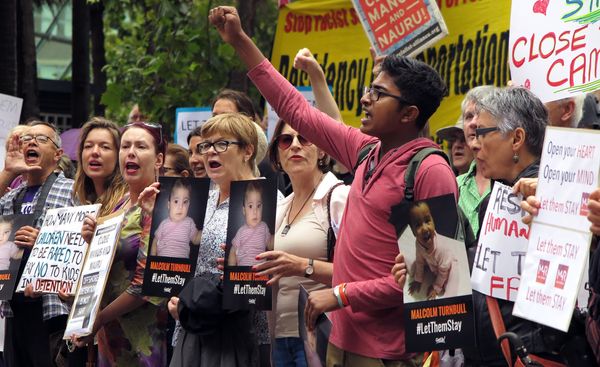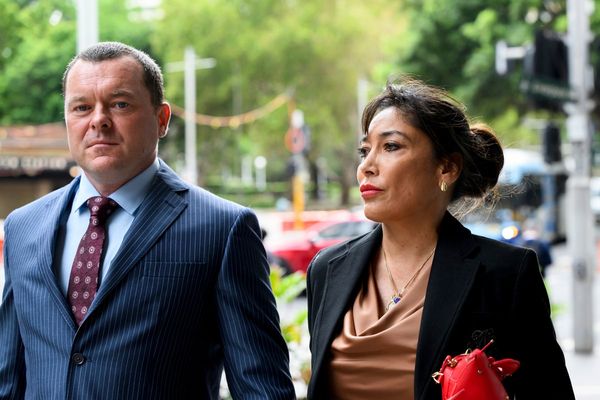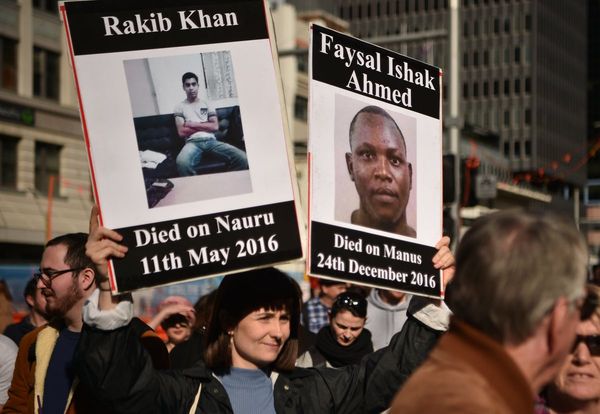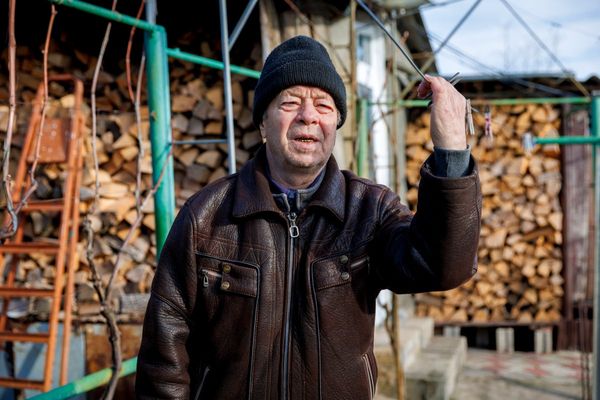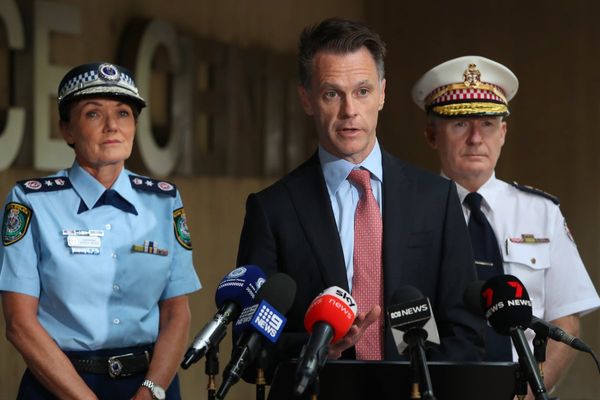As the government keeps organisers of a global Ukraine peace conference, to be held in June, guessing, Swiss Foreign Secretary Alexandre Fasel is arriving in India for meetings with Ministry of External Affairs (MEA) officials on May 17 to push for a response. The invitation to India for the “Summit on Peace in Ukraine” for heads of state and government, to be held in the Swiss town of Burgenstock on June 15-16, was discussed by Swiss Foreign Minister Ignazio Cassis with External Affairs Minister S. Jaishankar during his visit to Delhi in early February, and also by Ukrainian Foreign Minister Dmitry Kuleba during his visit to Delhi in April, but officials said the government had not yet taken a decision about whether to attend and at what level. Mr. Fasel’s visit comes close on the heels of the signing of the India-EFTA trade pact, which includes Switzerland, and he is expected to meet with Secretary (West) Pavan Kapoor to discuss the conference invitation, trade and other bilateral issues.
While the Swiss government has invited 160 heads of state and government, and leaders of G-7, including U.S. President Joe Biden, are expected to travel to Switzerland after the G-7 summit in Italy on June 13-15, the organisers have given the BRICS (Brazil-Russia-India-China-South Africa) minus Russia and countries in the Global South a particular focus in order to broaden the impact of the outcomes, beyond U.S. allies and European countries.
Open discussion
“The major European countries are there, but we would also like to have, as much as possible, countries from the south, because we want an open discussion on all the possibilities and reflections for peace in Ukraine,” Nicolas Bideau, the head of communications at the Swiss Foreign Ministry, told Swiss Public Radio RTS on Wednesday. He said about 50 countries had confirmed their participation already for the conference, that was originally proposed by Ukrainian President Volodymyr Zelenskyy to the Swiss President in January.
Diplomatic sources told The Hindu that “India’s reputation at the global arena makes it extremely important for it to join the summit”, calling it a “key player” with an “influential voice”. Russia has not been invited as the Swiss Foreign Ministry says Moscow has made it clear it would not attend. On Thursday during a visit to Beijing, President Vladimir Putin called the conference “futile” and an exercise in “empty scholasticism with no prospect of getting at least some tangible result”. Meanwhile, China has said it would support a conference that includes both Russia and Ukraine.
New Delhi has held thus far that it is unable to confirm its attendance for the Swiss conference until the elections process is over in early June. However, the government appeared to indicate that Prime Minister Narendra Modi would travel to Italy for the G-7 plus meet, if he is re-elected, by publicly announcing the invitation from Italian Prime Minister Giorgia Meloni. An advance MEA delegation is understood to be at present in Borgo Egnazia, the seaside resort on the Adriatic coast where the G-7 summit and outreach for other countries would be held and are looking over security and logistical arrangements for the Prime Minister’s visit. Once the government in Delhi is in place, the Prime Minister will also be expected to respond to invitations for the SCO summit in Kazakhstan in early July, where Mr. Putin and Chinese President Xi Jinping are likely to attend, as well as the BRICS summit in Russia in late October.
‘Neutral position’
Ahead of Mr. Fasel’s visit, the MEA declined to comment on what its final response to Switzerland is going to be. It is understood that New Delhi is unlikely to shift its diplomatically “neutral” position, held since Russian troops invaded Ukraine in February 2022, and it has abstained on all UN resolutions critical of Russia. As a result, while an Indian delegation would probably attend the summit, it would be cautious about joining any statement that is overtly anti-Russian.
The Swiss announcement of the conference that calls for building a road map to peace, mentions the Ukrainian peace formula, that Russia has already rejected as it calls for Russian troops to vacate land they have occupied. In addition, it seeks to provide a discussion platform for dialogue on peace moves based on “international law and the UN Charter”, and a framework understanding between the countries attending the summit.
